Narrow Results
-
Home for Sale? Six Tips to Add Value and Appeal
For most people selling a condominium, it is important to stand out from the competition in the real estate market, have a quick sale and obtain the best possible price. But how do you do that? The way your property is presented to potential buyers makes a big difference. Consider these tips to help you achieve real estate sales success. -

How a preventive maintenance plan can keep your condominium from walking on thin ice
Cold weather will soon be upon us, so now is the time to make sure your condominium maintenance program is on track. As brutal as Alberta winters can be, you certainly don't want to discover a leak in your roof during a heavy snowfall or have a boiler stop working during a record cold spell. -
Preventative & Predictive Maintenance are Critical to Your Replacement Reserves
Reserve Fund Studies are based on the assumption that components will reach their maximum useful life. However, if a preventative maintenance plan doesn’t accompany your reserve study, it’s highly unlikely some components will ever reach their maximum useful life. -
Staying Ahead of Your Condo Corporation’s Maintenance and Improvement Projects
Continually maintaining and improving your property is crucial if you want to protect your condominium corporation’s financial health. To ensure that these important responsibilities are well managed requires a long-term plan and a means of effectively handling day-to-day projects. Here’s how you can make that happen. -
What are Your Property Manager’s Responsibilities
What are your property manager's responsibilities? Find out if they have what it takes. Upcoming Condominium Management Licenses and more. -
Protect Your Pipes: Avoid Catastrophe in Your Condo Association This Winter
When the temperature dips far below freezing, you'll want to be sure your pipes are well-insulated. -
Why a Roof Leaks After a Snowfall – and What Can Be Done
Your residents are calling on about water leaks after a snowfall. Could an ice dam on the roof be the culprit? -
Condo Capital Improvements: Lending Solutions for Condominium and Co-op Boards
FirstService Residential and FirstService Financial work in tandem to help our clients successfully finance capital improvement projects and save money without compromising quality of service. -
Local Law 152: Updated Requirements for Boards and Buildings
Is your building prepared for Local Law 152 gas piping inspections? FirstService Residential recommends getting ahead of schedule to avoid unforeseen deficiencies and costly fines. -
Planning Your Next Virtual Annual Meeting
For New York City co-op and condo boards, virtual annual meetings are the new normal. FirstService Residential is here to help make your transition as seamless as possible. -
Tax Certiorari: Fast Facts for Boards and Owners in New York City
FirstService Residential managed properties have access to the tax certiorari experts at Goldberg Weprin Finkel Goldstein LLP, the premier firm in this specialized field. -
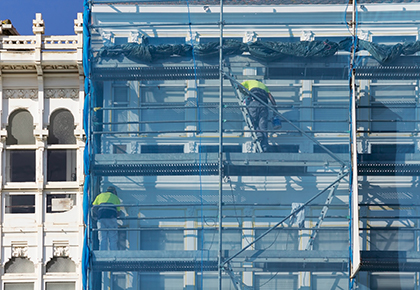
FISP (Local Law 11) - Understanding Cycle 9 Requirements in NYC
FirstService Residential has invested substantial resources to facilitate each of our managed properties with facade inspections and is here to help you navigate the many intricacies of FISP. -
Reserve Fund? Special Assessment? Loan? 3 Ways to Fund Capital Improvements
Great capital improvements improve property values. Read on to see the three ways to pay for them and the pros and cons. -
Is Your HOA (Really) Prepared? 13 Questions to Assess Your Maintenance Plan
Avoid facing surprise HOA maintenance costs. Here are 13 questions to ask about your preventive maintenance plan. -

Delivering Value: FirstService Residential Energy Aggregation Purchasing Program
FirstService Residential has helped boards and building owners save millions of dollars in energy costs, in part, through our Energy Aggregation Purchasing Program. -
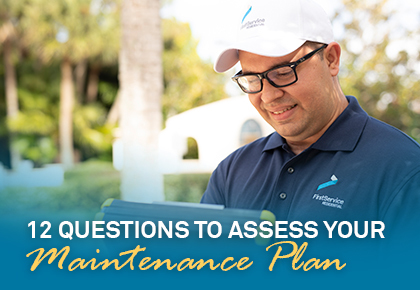
Is Your HOA Maintenance Plan Proactive or Reactive? 12 Questions to Ask
Are you asking the right questions? A strong maintenance plan can be the difference between a well-run and run-down Arizona association. -

Residential EV Charging Stations: Benefits & Incentives for Multifamily Buildings
FirstService Residential recommends that all boards and building owners consider the installation of EV charging stations and incentives available through NYSERDA and ConEd. -
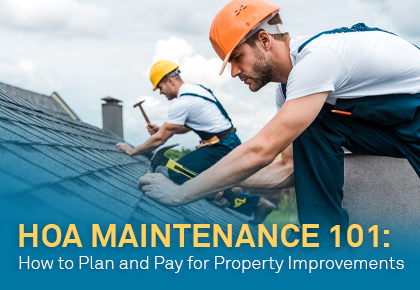
HOA Maintenance Checklist: Planning and Paying for Property Improvements
Want to keep your HOA or high-rise in tip-top shape for current and future residents? Learn how to plan and pay for maintenance and capital improvements. -
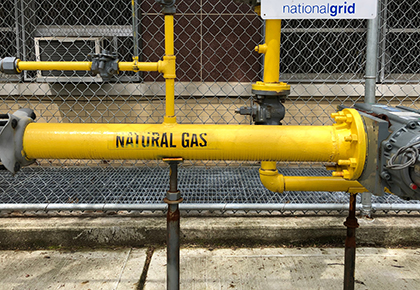
New York City Council Extends Local Law 152 Inspection Deadlines for Boards & Building Owners
As of November 2021, the New York City Council has extended Local Law 152 gas pipeline inspection deadlines for boards and building owners through June 30, 2022. -
How an HOA Preventative Maintenance Plan Can Keep Your Community From Walking on Thin Ice
Cold weather is upon us, so now is the time for your HOA to make sure your maintenance program is on track. Read this article to learn more. -
How an HOA Preventative Maintenance Plan Can Keep Your Community From Walking on Thin Ice
As a property manager, you always have to make sure your preventive maintenance program is on track. Read this article to learn more. -
Preparing for spring: 12 tips for HOA landscaping maintenance
A good spring-cleaning can do wonders for your community association. Here are some tips to get your started. -
Avoid Maintenance Surprises with a Property Maintenance Plan
There is no way to avoid surprises when it comes to the maintenance of your community. Preventative maintenance ensures that your systems are keeping future problems at bay; predictive maintenance is also effective. -
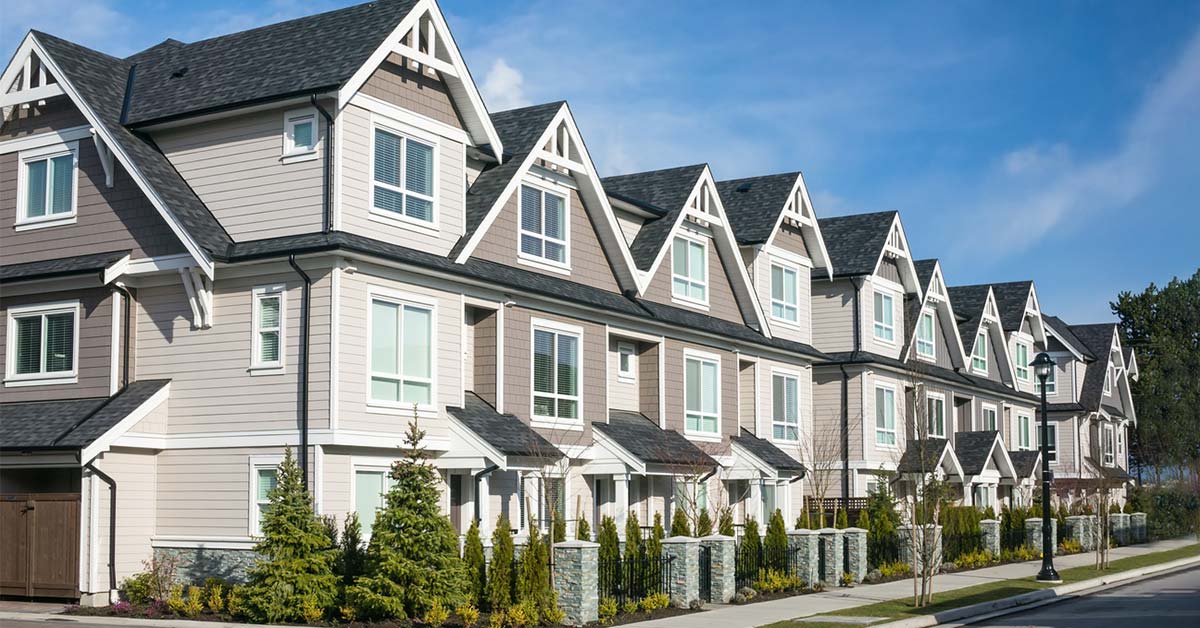
Which of These Three Maintenance Styles Describes You?
Nothing bites into your budget like maintenance issues. Whether it’s the grounds keeping and upkeep that you pay for on a regular basis or those surprise projects (natural disasters, anyone?) that sneak up on you, maintenance can account for an average of 25% or more of your overall expenditures.